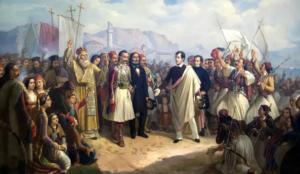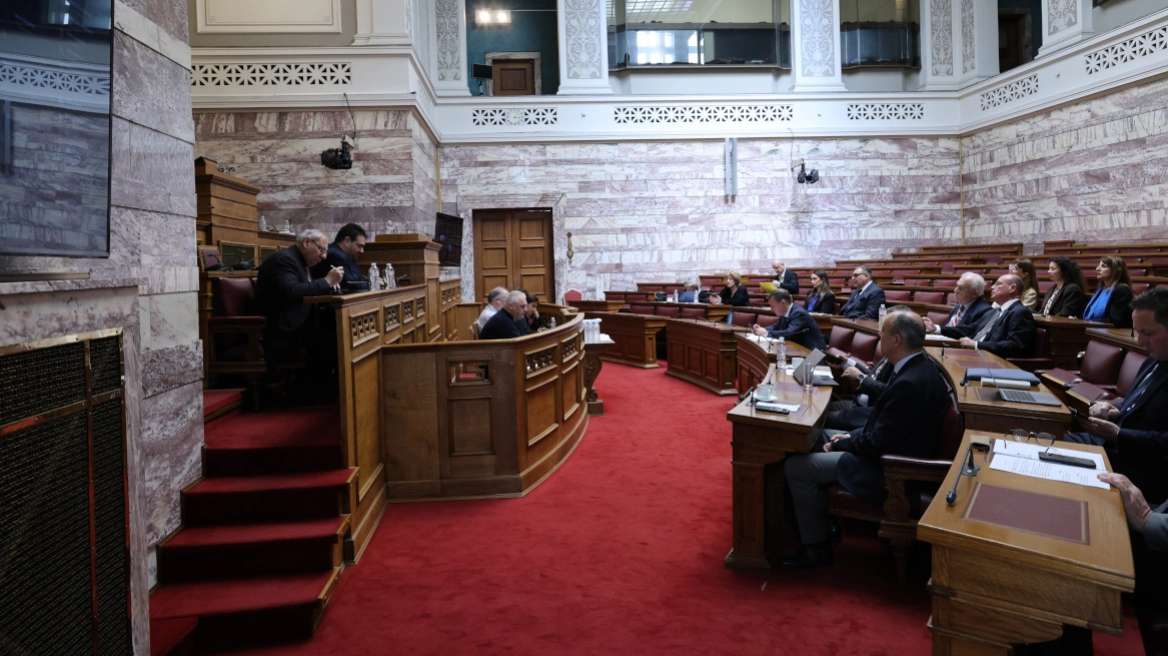Racked by fever, prone to fits of delirium, consumed by his last great passion – the liberation of Greece – Lord Byron lay on his sickbed. It was 18 April 1824. The great Romantic poet would be dead the next day.
“I have given her [Greece] my time, my means, my health,” he is recorded as saying in a moment of lucidity. “And now I give her my life! What could I do more?”
Byron’s death in Missolonghi, the malaria-ridden town where he had spearheaded the Greeks’ revolt against Ottoman rule, induced instant shock, convulsing the English-speaking world.
The man who was “mad, bad and dangerous to know”, a celebrity of his day who was loved and loathed in equal measure, had spent a mere 100 days in the land whose freedom he had championed so vociferously.
The National Interest: Why is Cyprus still divided? – Analysis
Greece ranked among top 8 honeymoon destination on Pinterest
“The loss of this illustrious individual is undoubtedly to be deplored by all Greece,” its provisional government declared hours after the news filtered through. “But it must be more especially a subject of lamentation at Missolonghi, where his generosity has been so conspicuously displayed”.
Read more: The Guardian
Ask me anything
Explore related questions





